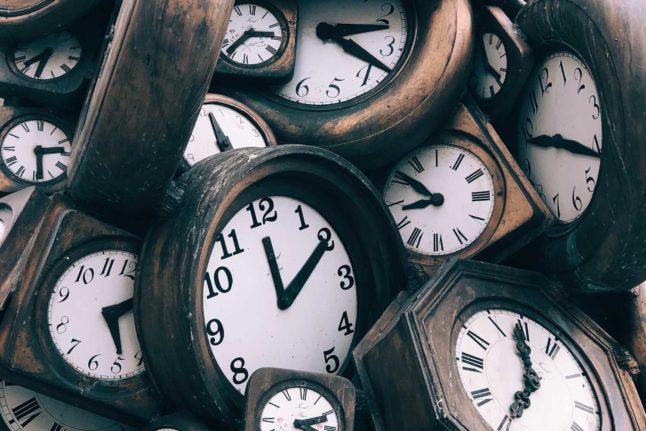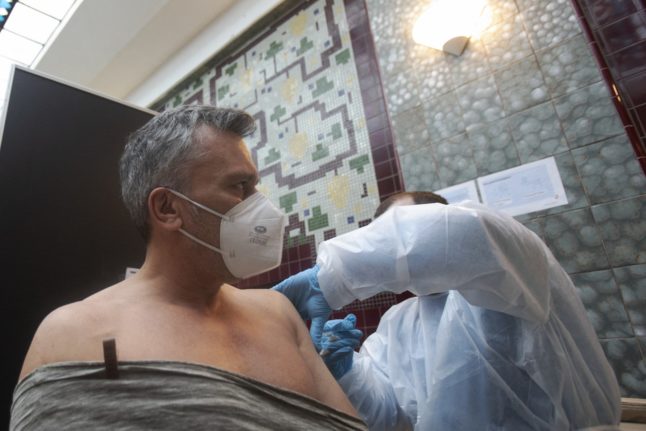Coronavirus relaxations – or tighter measures?
One of the major changes that could take place this month is uncertain – but it won’t take long to find out.
On March 1st, Austrian officials are set to meet to decide whether to relax some measures – or to extend some others.
First point of call will be allowing restaurants to open again, with a possibility that evidence of a negative test will be required – much like what has been required in Austria at the hairdresser or tattoo parlour since February 8th.
However, the spread of the new mutation has led to concerns that the measures may be tightened.
One possibility is the adoption of regional lockdown variations which target areas with higher infection rates.
More information is available in the following link.
Restaurants, schools or tighter measures: What will Austria decide on Monday?
Free home testing
The Austrian government says it wants everyone to have access to free self tests for use at home from the 1st of March in a bid to combat the new variants of the coronavirus.
These tests are to be available from pharmacies.
Together with PCR and antigen tests to allow people to access services such as hairdressers and increased testing at schools and businesses, the government expects to reach a target of up to 3.5 million tests per week.
More information is available at the following link.
READ MORE: Austria to roll out free home coronavirus testing from March
Spring is coming (along with a time change)
You’ll be glad to know that winter is almost at an end. March 1st is the meteorological start of spring in 2021, but the “real” start of spring is a little later, on March 20th.
Meanwhile, get ready to lose an hour’s sleep: the 2021 time changeover to Daylight Savings is scheduled for the early hours of March 28th.
The clock will be moved forward by one hour from 2 to 3am, which means the night will be shorter. The changeover means it will be darker in the morning, but light will last longer in the evening.
Teachers, police and others to be vaccinated
From March, people in so-called ‘systemically relevant’ professions are to be vaccinated.
Vaccinations for health workers was set to start in February of 2021, but will continue into March for all those who have not received their shot.
Der Standard reports this includes police officers, employees in the food industry, transport companies and others, as well as teachers and employees of kindergartens and schools.
UPDATED: How can I get vaccinated for Covid-19 in Austria?
Restrictions for Tyroleans may be relaxed
Residents of the Austrian state of Tyrol have been restricted from leaving since early February, with both the Austrian government and the German government putting in place tight restrictions.
The tightening has been put in place due to the spread of the South African variant in the state.
EXPLAINED: Why has Austria locked down the state of Tyrol?
As it stands, the restrictions are set to expire in March – however a relaxation of the rules is unlikely unless the mutation is brought under control.
An EU vaccination passport?
Momentum is quickly gathering to set up a European Union-wide vaccination passport which entitles the holders to have special privileges, such as travelling.
At a domestic level, the passports – based on a similar model in Israel – would entitle the fully vaccinated holders to visit bars and restaurants, go to gyms and attend events.
EU leaders said in February that a draft of the arrangement will be made available in March, although the actual passport is not expected to be released until later.
Austrian Chancellor Sebastian Kurz is one of the most prominent proponents of the plan.



 Please whitelist us to continue reading.
Please whitelist us to continue reading.
Member comments